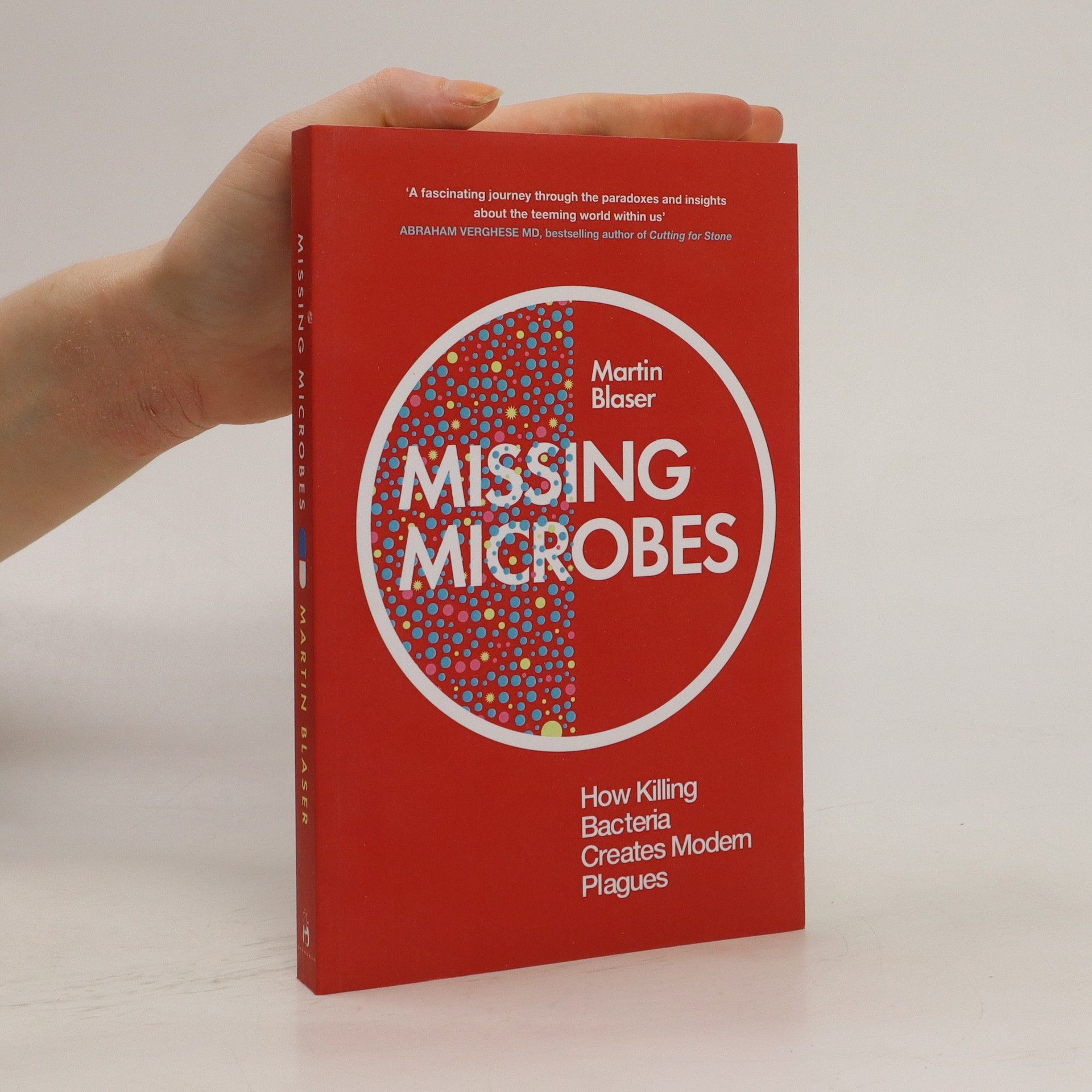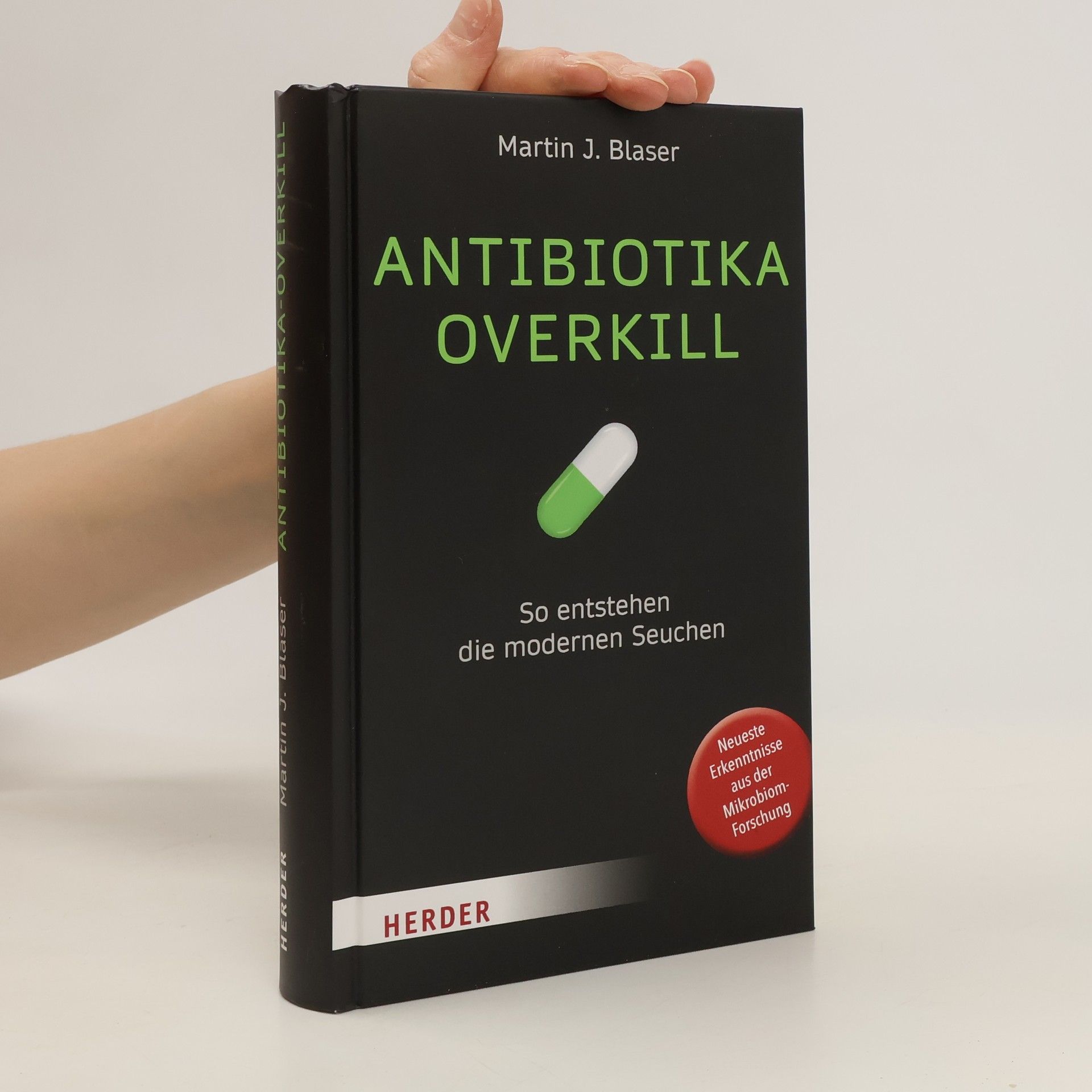Antibiotika-Overkill
- 352 Seiten
- 13 Lesestunden
Wir alle beherbergen ein vielfältiges Ökosystem an Mikroben, das sich über Millionen Jahre entwickelt hat. Diese Mikroben finden sich in unserem Mund, Darm, in der Nase, den Ohren und auf der Haut. Die Zusammensetzung unseres Mikrobioms ist bereits im Alter von drei Jahren ähnlich der von Erwachsenen. Diese Körperflora spielt eine entscheidende Rolle für unser Immunsystem und die Abwehr von Krankheiten. Kurz gesagt: Unser Mikrobiom hält uns gesund. Doch wir verlieren Teile davon. Die Ursachen sind vielfältig: übermäßiger Einsatz von Antibiotika bei Mensch und Tier, Kaiserschnitte sowie der weit verbreitete Gebrauch von Desinfektionsmitteln und Antiseptika. Antibiotika-Resistenz ist ein ernstes Problem, da sie den Selektionsdruck erhöhen und die Zahl resistenter Pathogene steigen lässt. Der Verlust der Artenvielfalt in unserem Mikrobiom stellt jedoch eine noch größere Gefahr dar, da er unsere Entwicklung, unseren Metabolismus, unser Immunsystem und unsere kognitiven Fähigkeiten beeinflusst. Moderne Erkrankungen wie Adipositas, Diabetes, Asthma, Nahrungsmittelallergien und chronische Darmentzündungen nehmen zu. Martin Blaser, Professor an der New York University, untersucht seit Jahrzehnten den Zusammenhang zwischen Antibiotika-Gebrauch und diesen modernen Erkrankungen. Sein Werk bietet eine aufrüttelnde Bilanz über die Auswirkungen auf unsere Gesundheit.



